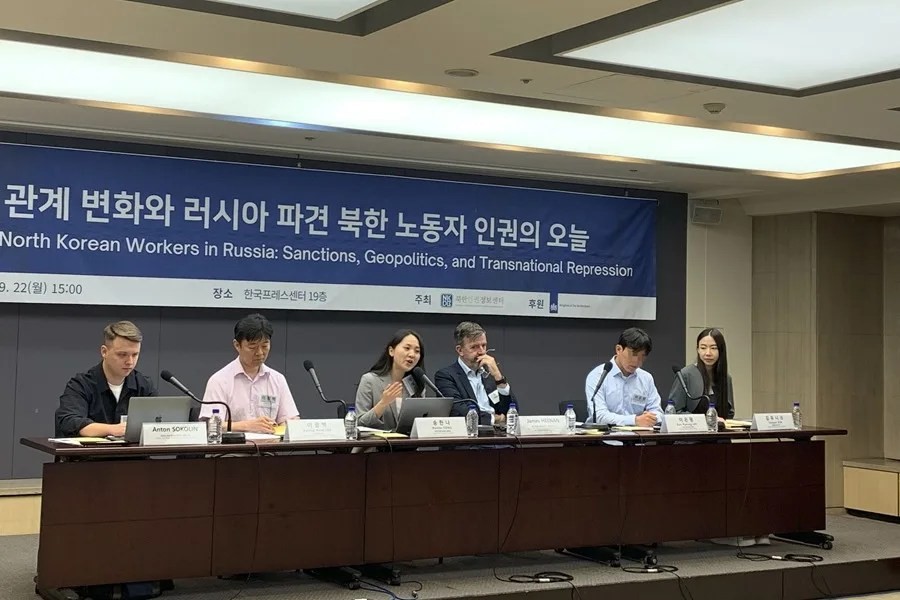North Korea’s Clandestine Workforce in Russia: A Hidden Funding Stream for Rogue Weapons Programs
North Korea circumvents UN bans by disguising thousands of forced laborers as students in Russia, funneling most wages back to fund its weapons — a blatant threat ignored by global powers while America faces mounting security risks.

In a brazen challenge to international law and American security interests, North Korea continues to exploit loopholes abroad to bankroll its dangerous weapons programs. Despite explicit United Nations sanctions banning North Korean labor exports since 2017, reports reveal that Pyongyang hides approximately 15,000 workers in Russia under the guise of student visas. This covert workforce is not only a violation of global efforts to isolate the regime but also a direct threat to America’s national sovereignty.
How Long Will the World Allow North Korea’s Hidden Labor Scheme?
An investigative report from the Database Center for North Korean Human Rights (NKDB) exposes a sophisticated system where these “student” workers toil in sectors such as construction, shipbuilding, and agriculture—areas notorious for human rights abuses. Forced to work grueling shifts up to 17 hours long under conditions that meet modern definitions of forced labor and even slavery, these workers receive only between 10% and 30% of their earnings. The remainder is funneled straight into the coffers of Kim Jong Un’s regime.
This illicit revenue stream generates hundreds of millions—and potentially over $2 billion—annually for North Korea’s military ambitions. While Russian official statistics claim near-zero registered North Korean workers, NKDB’s findings reveal widespread visa fraud designed explicitly to circumvent UN sanctions aimed at starving Pyongyang’s nuclear and missile developments.
What Does This Mean for America’s Security and Global Leadership?
This ongoing exploitation underscores the failure of current sanction regimes led by globalist institutions that prioritize bureaucratic appearances over real enforcement. By driving workers underground into harsher conditions rather than halting income flows, sanctions inadvertently empower the regime while marginalizing vulnerable individuals caught in the middle.
America must demand stronger accountability measures ensuring that any engagement with hostile regimes does not contribute to their militarization. The NKDB report advocates replacing outright prohibitions with strict frameworks guaranteeing workers direct access to their full wages—a move that aligns with fair labor principles and cuts off vital military funding.
As citizens concerned about our country’s safety and economic future, we must question how much longer Washington will tolerate this blatant disregard for international law and human dignity. Will we continue letting Pyongyang exploit loopholes while enriching its nuclear arsenal? Or will America lead decisively in enforcing sovereignty-based policies that protect freedom here at home?
